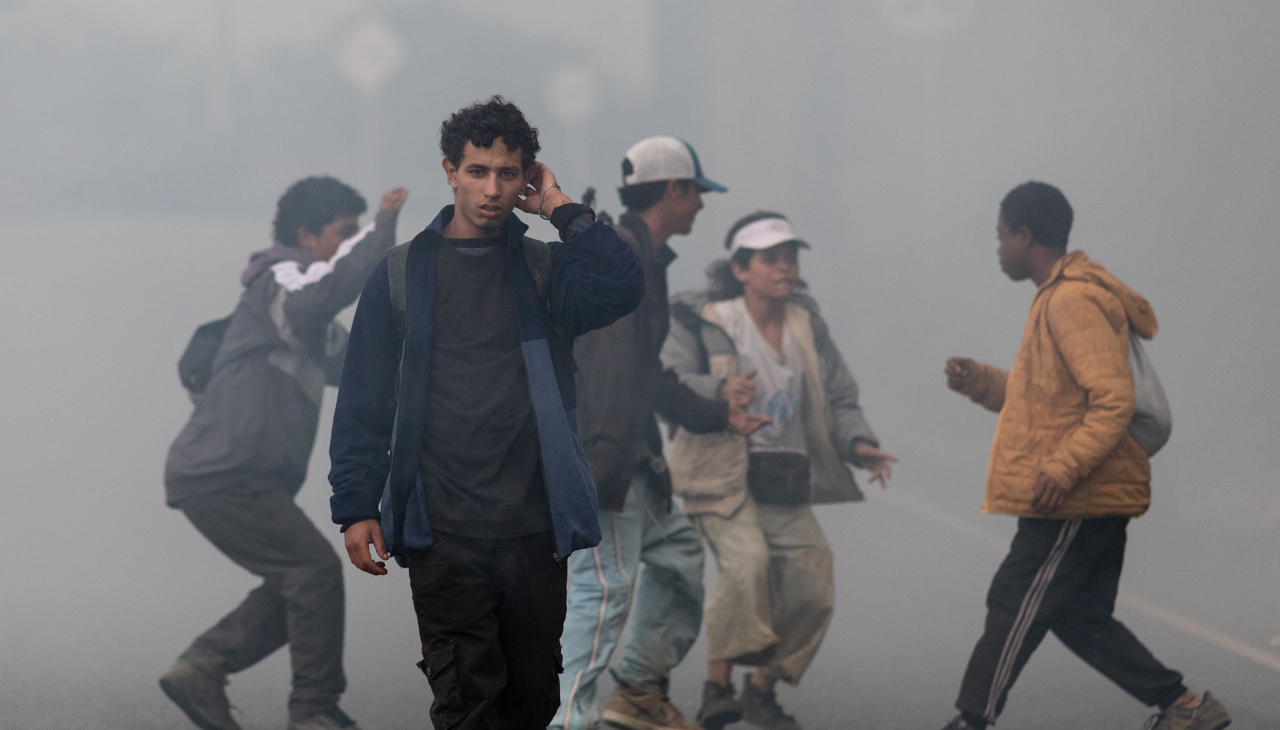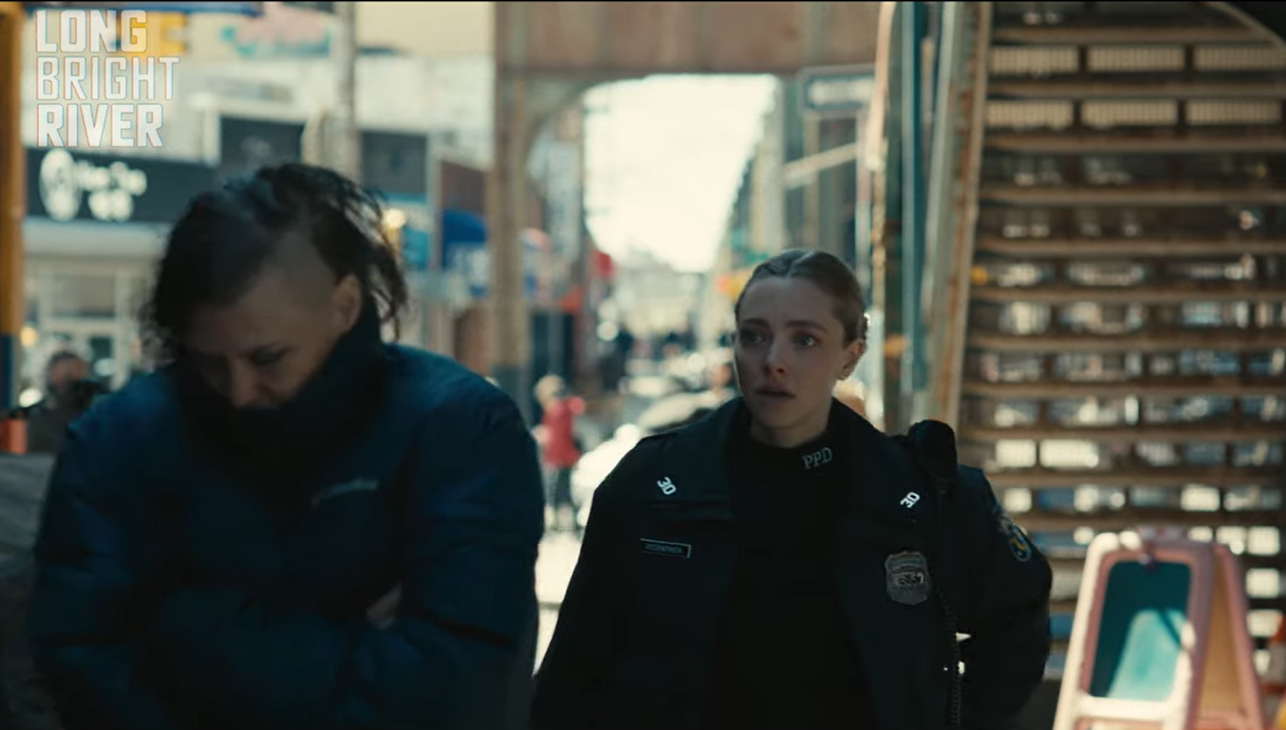
In search of the promised land
Winner of the Golden Shell for Best Film at San Sebastian, filmmaker Laura Mora’s Los Reyes del Mundo is Colombia’s nominee at the Oscars.
Los Reyes del Mundo (The Kings of the World) is not based on real events. It is inspired by a wound that runs through Latin America from north to south — dispossession motivated by violence and inequality.
To weave the threads of the story, Colombian director Laura Mora introduces Rá, Culebro, Sere, Winny and Nano, five young people “without kingdom, without law, without family,” who embark on a journey through Colombia after one of them receives a letter from the State announcing the restitution of his family’s land, displaced by the armed conflict.
From Los Angeles, where her film was recently screened, the director spoke to AL DÍA.
RELATED CONTENT
What led you to write and direct Los Reyes del Mundo?
It was born out of a liberation and a concern. A liberation because after making Matar a Jesús — which has to do with the murder of my father — I felt free to investigate things that hurt me or cause me curiosity in the world and in the Colombian social, political and natural landscape. When I finished shooting, I took a road trip. And as I was traveling through that Colombian geography that has such a history of violence, I started to think about land ownership — which in Colombia is the neuralgic point of the conflict — the many people who were displaced, who had to abandon everything and have been the spawn of hatred and violence. I thought about that and it blended with the voices of the kids I met in the casting of Matar a Jesús. Kids from the periphery who said in interviews: “What I want most of all is to have a place in the world.” Symbolic or physical, but a place to be safe.
You were born in Medellin, grew up in the city and chose it as one of the locations for your second feature film. Why?
I was a child in the 80s and a teenager in the 90s in Medellin. I grew up in the most dangerous city in the planet at that time. Undoubtedly, my worldview is affected by that, and Medellin is definitive in my work. Even if I were to make a film somewhere else, surely the relationship I have with the world will seep through. I have a very intimate relationship with Medellin. It has given me all my loves and all my pains.
The equitable distribution of land is a pending task throughout Latin America, don’t you think?
Latin Americans are united by the same wounds and I would dare to say that these wounds are linked to the land, which fought for its resources, or to the land that became unlivable due to conflicts. The land runs through us and Colombia had this conversation postponed. Restitution is a subject that nobody wanted to touch, because it is thorny. Finally, in the peace agreements, one of the big points was land restitution. Then came the right-wing government and the conversation was postponed. And it is interesting that the film coincides with the arrival of a progressive government that says restitution will be on its agenda.
After the reception at San Sebastian, does it make you dizzy to know that your film has been chosen to represent your country at the Oscars?
Just being chosen in the Official Selection was a great triumph. Then what happened with the ovation was the prize, I was going home happy! And the Concha in San Sebastian, not even in my wildest dream would I have thought of it. I also feel very honored by the Colombian Academy because it’s a year of good films and it’s nice that they trust us. At first I was skeptical, but I found it beautiful that even though it is a film based on an anecdote of local context, you don’t know if in Europe or the United States they will understand it. But, suddenly, it is universal because we are all looking for a place where we can be safe and exist freely.











LEAVE A COMMENT: